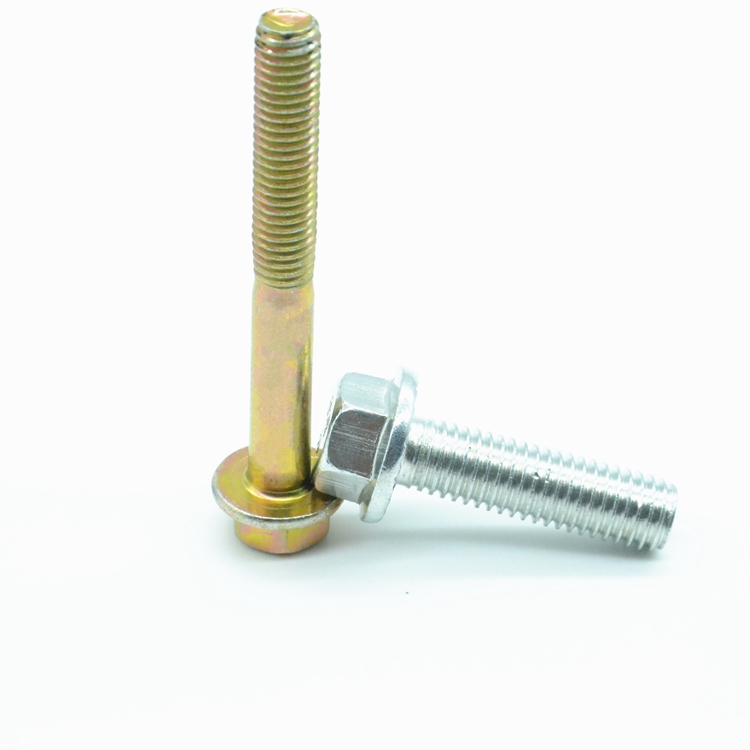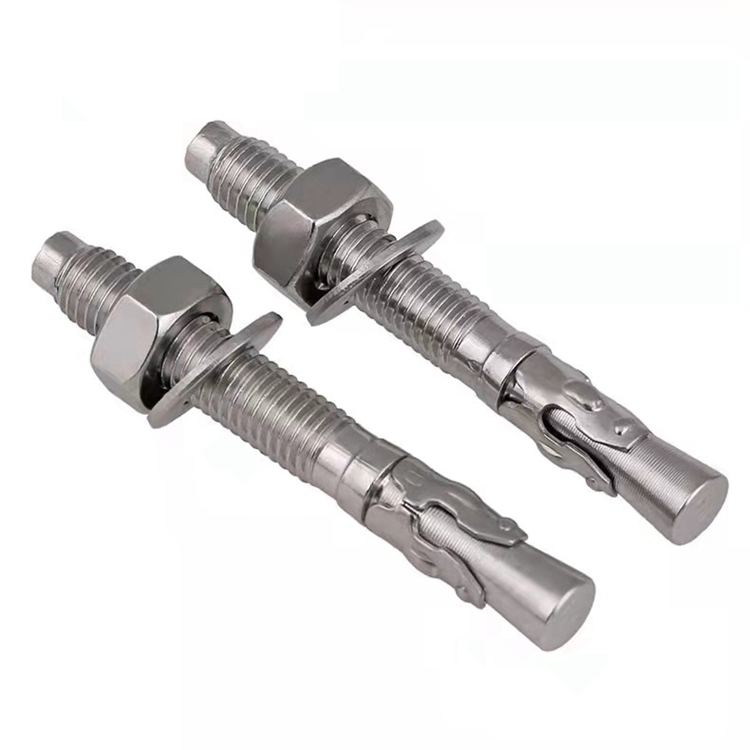washers
ജനു . 09, 2025 12:06 Back to list
washers
Washers are an essential component in various household and industrial applications. Their primary function is to distribute the load of threaded fasteners and ensure a secure fit, but their role extends beyond mere support. Choosing the right washer can significantly enhance the longevity and efficiency of the machinery or assembly in which they are used.
Furthermore, tapping into the trustworthiness aspect involves recognizing reputable suppliers and brands that consistently deliver quality products. Brands known for strict quality control processes often offer reliable products that align with safety standards, guaranteeing long-term performance and minimal likelihood of failure. When choosing a supplier, it is advisable to seek those that provide detailed specification sheets, certifying compliance with required standards. In addition, the ecological perspective of washer production and disposal has gained traction in the modern era. Opting for washers from manufacturers that employ sustainable practices can reduce the carbon footprint associated with their lifecycle. These practices may include using recyclable materials and implementing energy-efficient production techniques. Such choices not only support environmental sustainability but also improve the corporate responsibility image of businesses that use these products in their operations. In conclusion, selecting the right washer necessitates a combination of knowledge, experience, and a consideration of manufacturer credibility. The myriad of choices available in the market demands a thoughtful approach tailored to specific needs, safety requirements, and environmental impacts. By prioritizing these factors, you can ensure that your choice of washer significantly contributes to the success and durability of your mechanical projects.


Furthermore, tapping into the trustworthiness aspect involves recognizing reputable suppliers and brands that consistently deliver quality products. Brands known for strict quality control processes often offer reliable products that align with safety standards, guaranteeing long-term performance and minimal likelihood of failure. When choosing a supplier, it is advisable to seek those that provide detailed specification sheets, certifying compliance with required standards. In addition, the ecological perspective of washer production and disposal has gained traction in the modern era. Opting for washers from manufacturers that employ sustainable practices can reduce the carbon footprint associated with their lifecycle. These practices may include using recyclable materials and implementing energy-efficient production techniques. Such choices not only support environmental sustainability but also improve the corporate responsibility image of businesses that use these products in their operations. In conclusion, selecting the right washer necessitates a combination of knowledge, experience, and a consideration of manufacturer credibility. The myriad of choices available in the market demands a thoughtful approach tailored to specific needs, safety requirements, and environmental impacts. By prioritizing these factors, you can ensure that your choice of washer significantly contributes to the success and durability of your mechanical projects.
Next:
Latest news
-
Reliable Axle Nuts Supplier | High-Quality Automotive Parts
NewsAug.19,2025
-
Premium Wire Bolts Suppliers | Durable & Reliable Fasteners
NewsAug.18,2025
-
Leading Metric Wood Screw Companies & Manufacturers
NewsAug.17,2025
-
Top Wire Bolts Suppliers - Quality & Durable Fasteners
NewsAug.15,2025
-
Trusted Wire Bolts Company | Quality Fasteners Supplier
NewsAug.14,2025
-
Reliable Wire Bolts Suppliers & Manufacturers for Global Needs
NewsAug.13,2025
